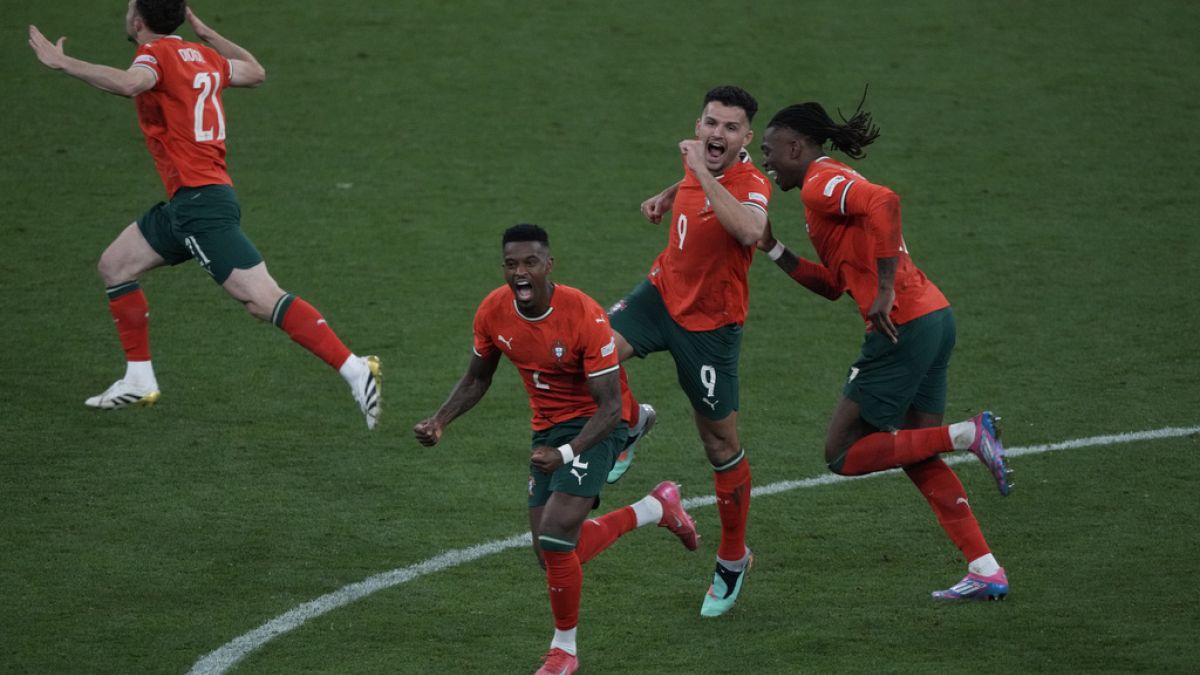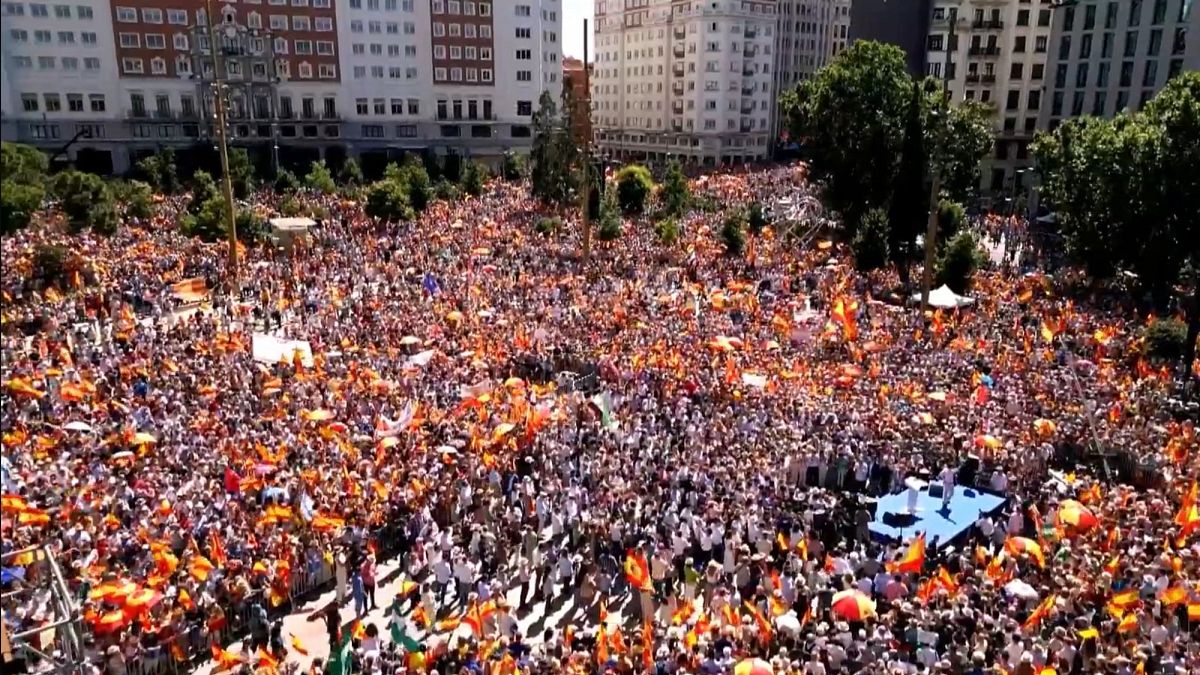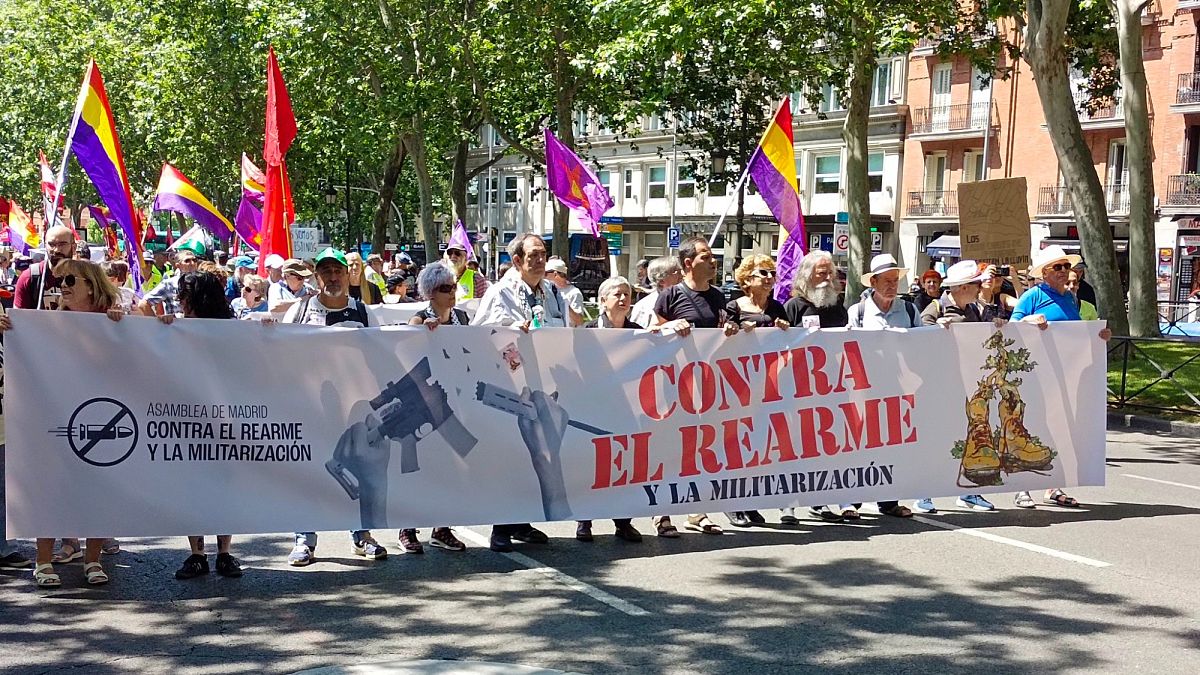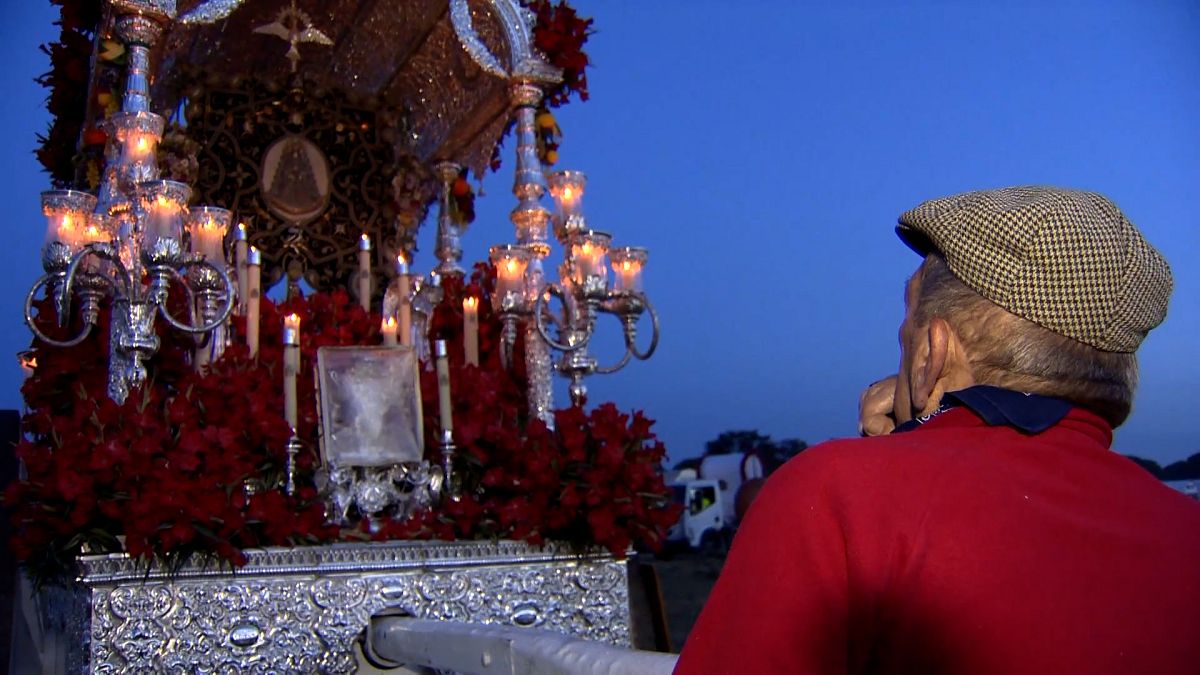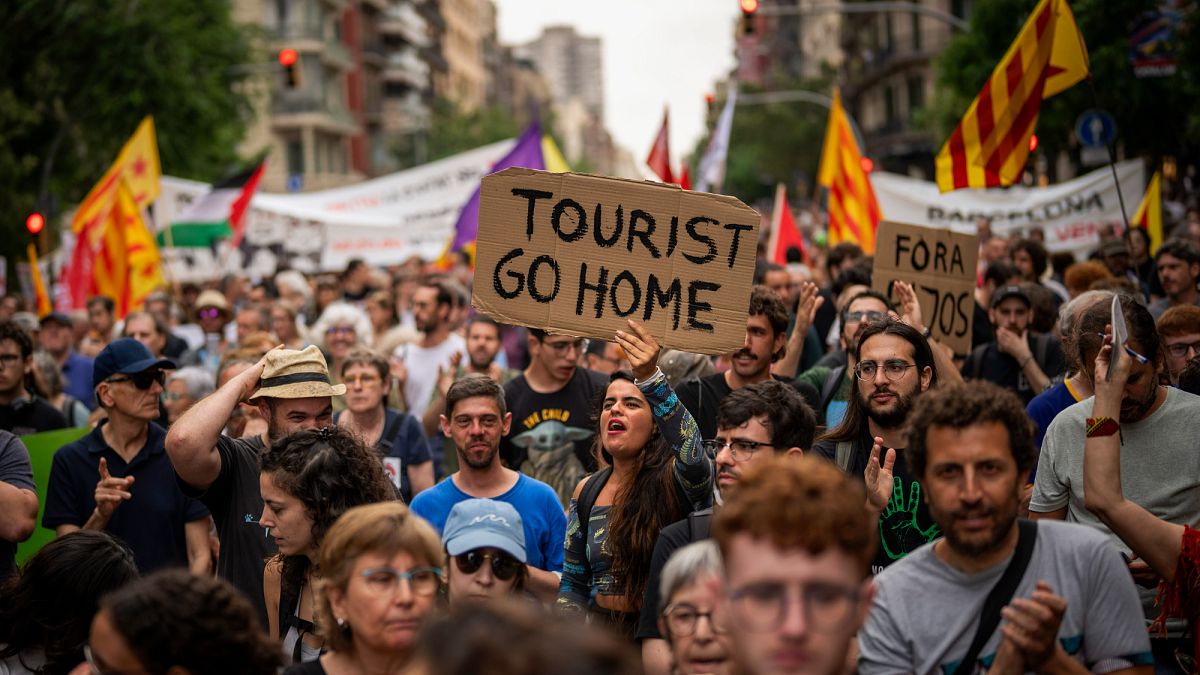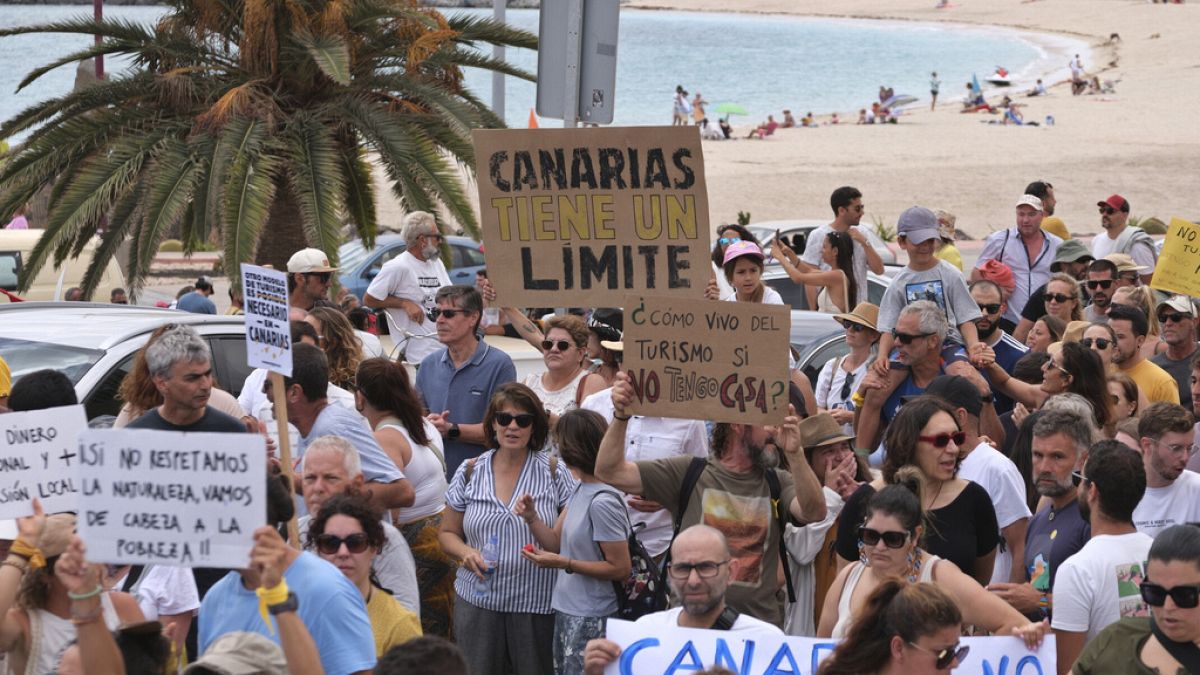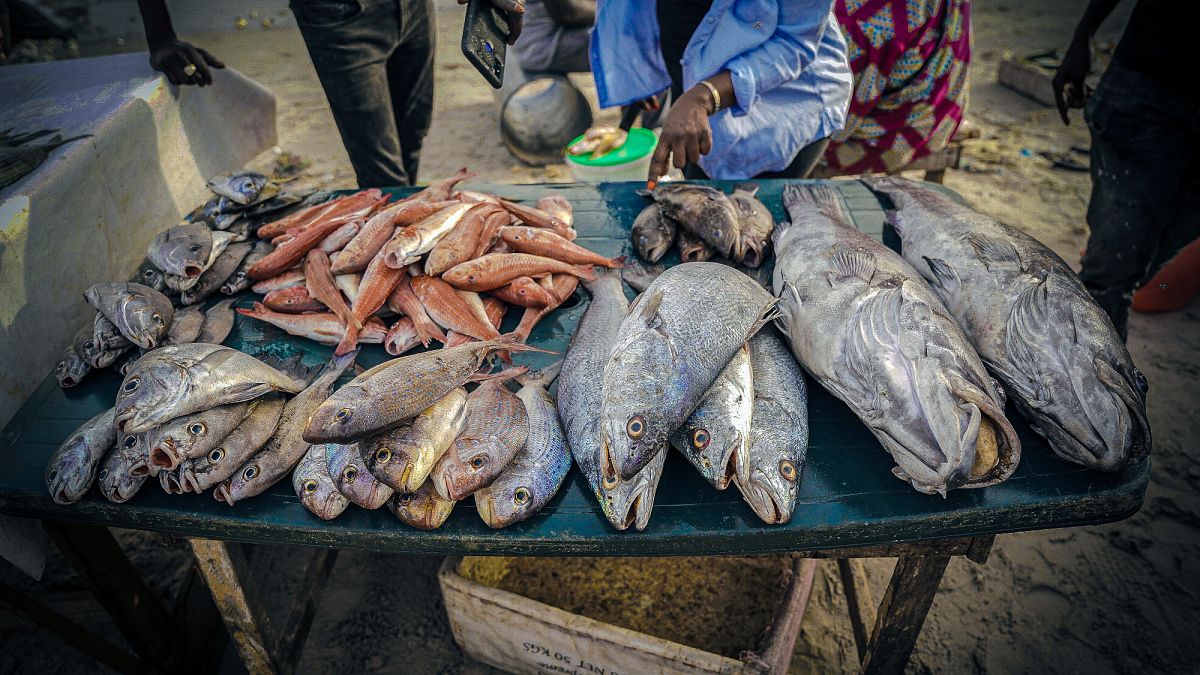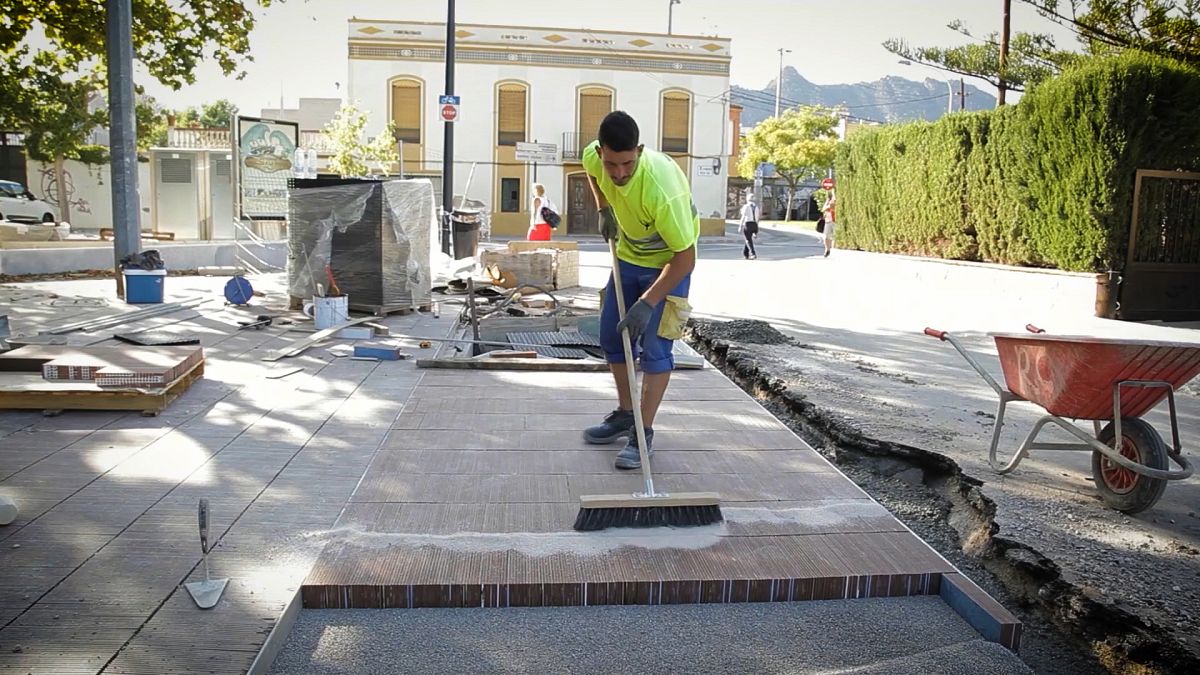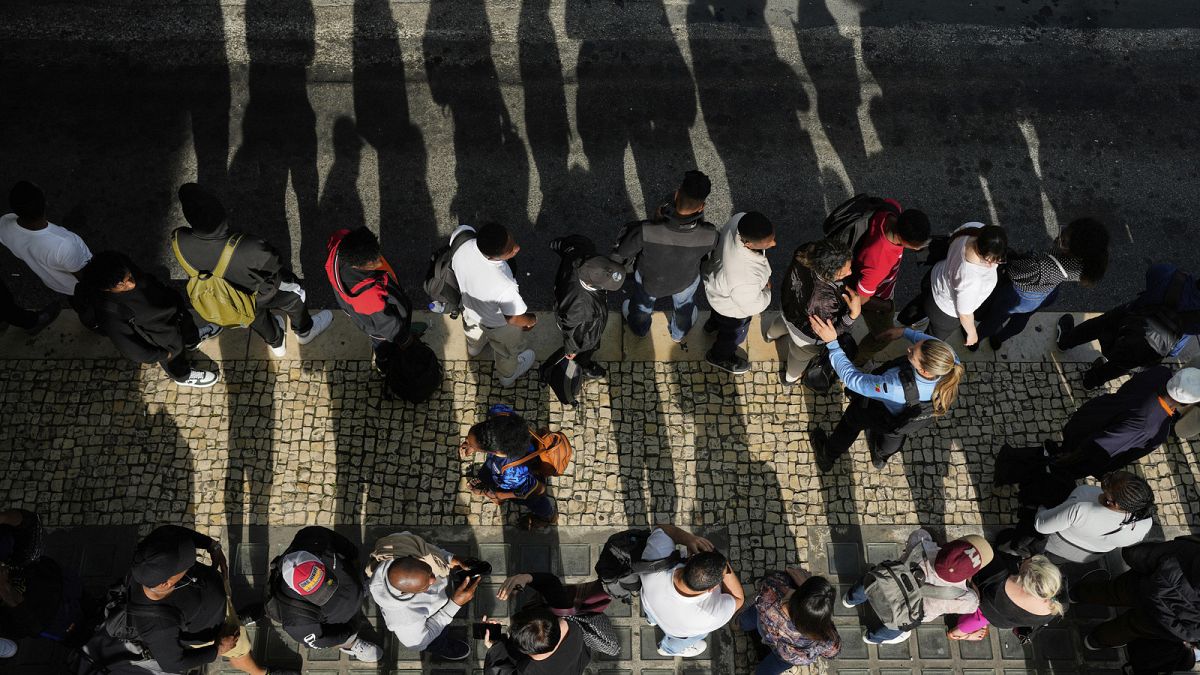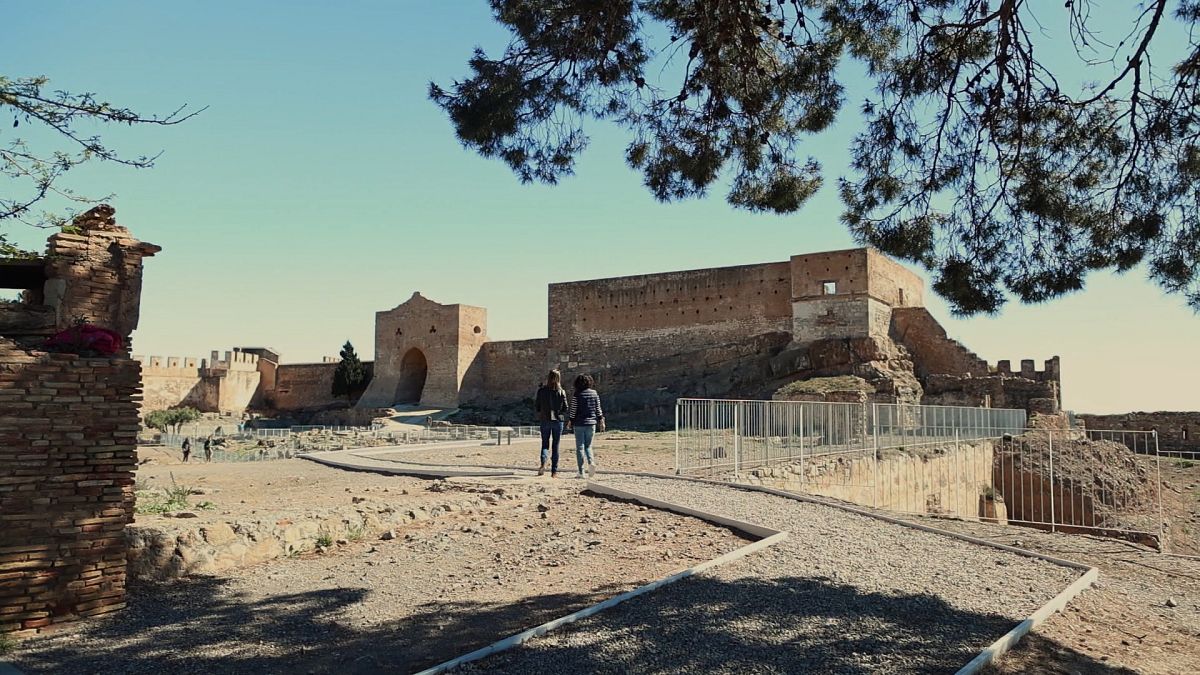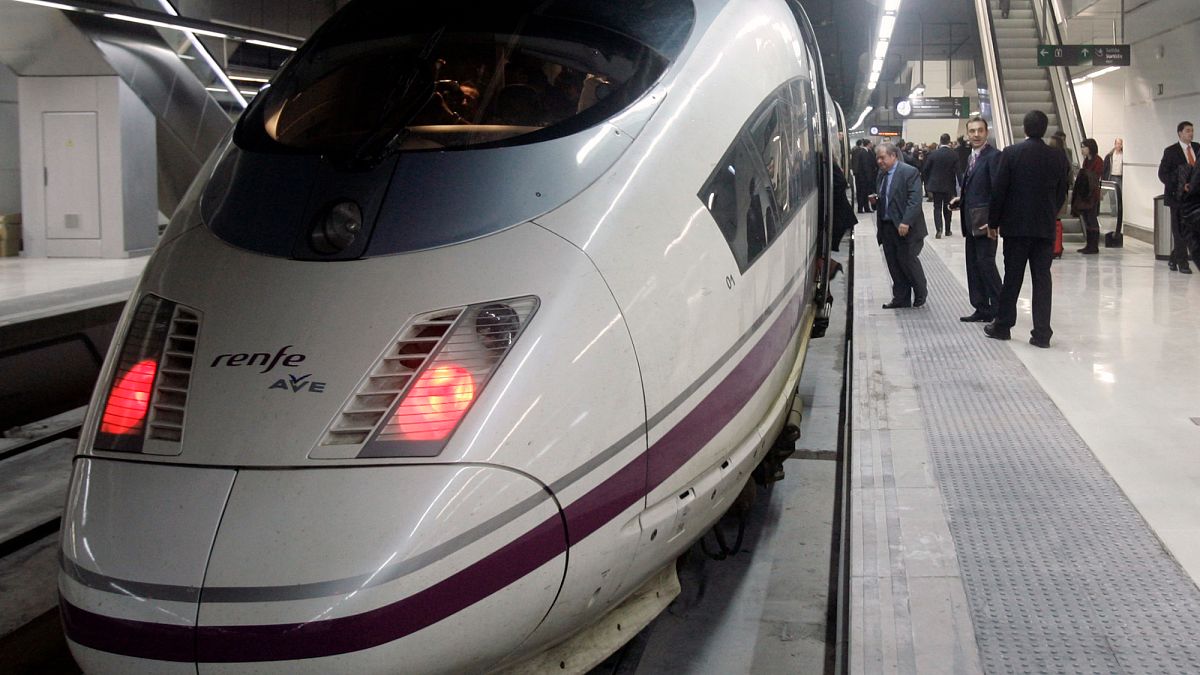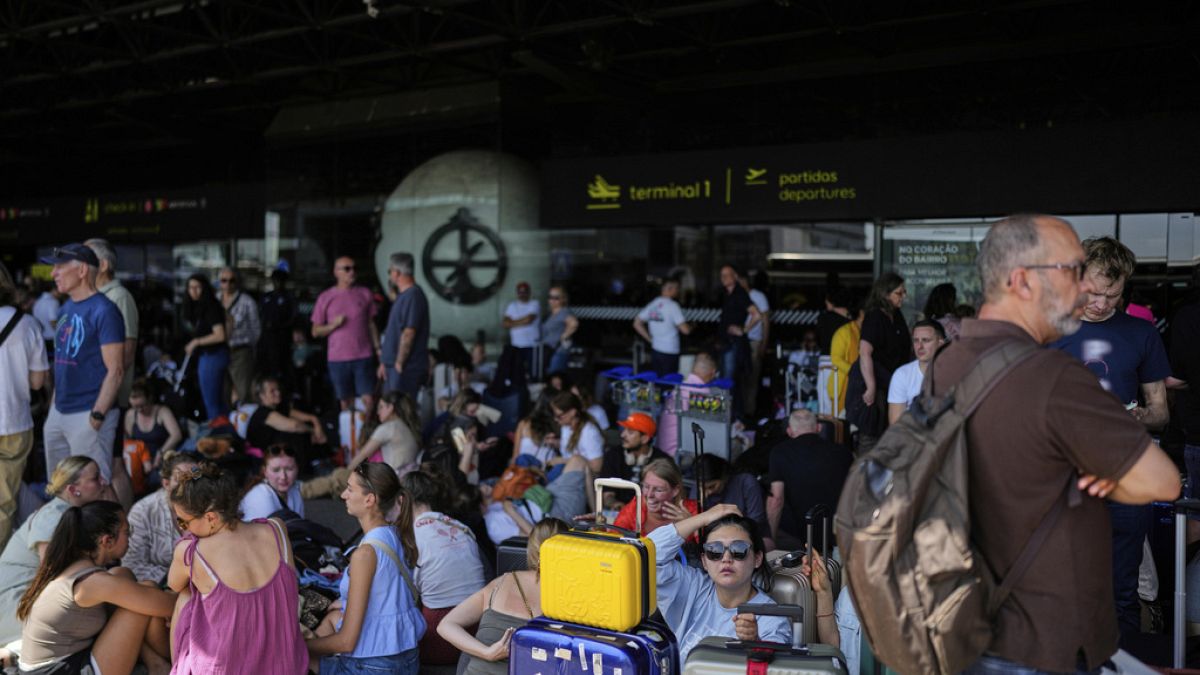What to expect from Brazilian President Lula’s visit to Spain
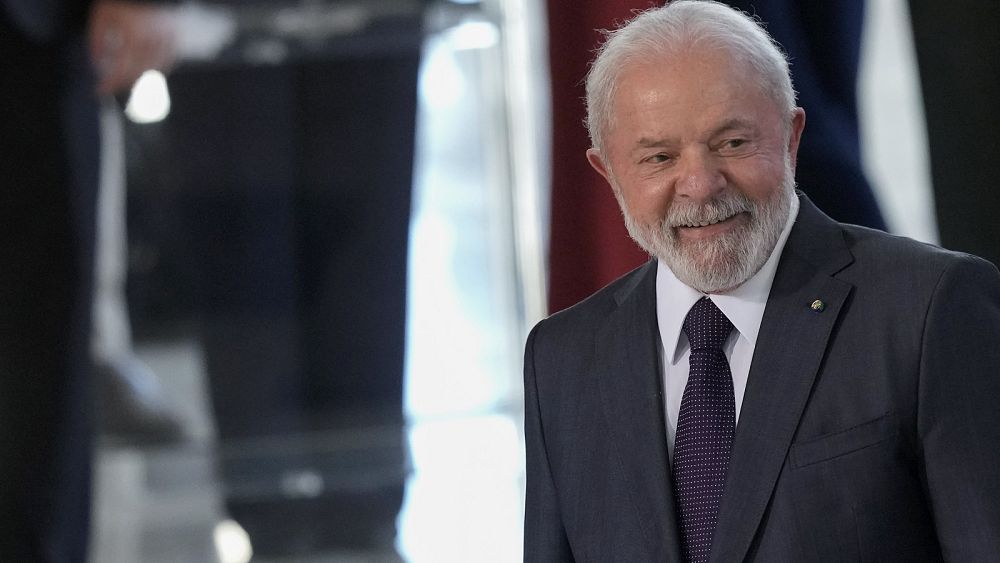
Brazilian President Luiz Inácio Lula da Silva will travel to Madrid on Tuesday as part of a trip that was meant to spur new EU-Brazil investments but could now focus on mending relations.
Lula sparked controversy last week after saying both Ukraine and Russia decided to go to war and accusing the US and Europe of contributing to the war by supplying weapons.
The remarks led to an accusation from Washington that Lula was “parroting” Chinese and Russian propaganda.
The visit to Spain, where Lula will meet with the prime minister, is the second leg of Lula’s first trip to Europe since beating far-right incumbent Jair Bolsonaro in elections last year, a changeover which EU leaders had hoped would bring Brazil closer to the West.
Diplomatic headache for Spain?
Lula kicked off his European tour in Lisbon where he met with Portuguese President Marcelo Rebelo de Sousa but the Brazilian president’s appearances were overshadowed by his remarks the previous week.
The Brazilian president later clarified his view in Portugal, saying that Russia had indeed invaded Ukraine and that he wants to see peace: “This war shouldn’t have started, Russia shouldn’t have invaded but it did. The fact is that it happened. So instead of choosing sides, I want to choose a third way, the construction of peace.”
For Spanish Prime Minister Pedro Sánchez, whose country takes over the Presidency of the Council of the European Union in July, one of the stated priorities of the rotating presidency will be strengthening the EU’s political and economic ties with Latin America.
But it’s a task which hasn’t been made easier by the recent foreign policy decisions of the continent’s biggest country, Brazil.
Spain is an enthusiastic supporter of Ukraine with the country’s defence minister revealing it had shipped its first six Leopard 2 tanks to Ukraine last week.
The Elcano Royal Institute said last month that: “Based on the available data, if we measure effort in terms of the cost of the military, economic and humanitarian aid provided to Ukraine so far (which amounted to 0.4% of Spanish GDP in 2022) and compare it to that of neighbouring countries, in relative terms Spain’s contribution is higher than that of France, Italy or the UK”.
Focus on deepening economic ties
But it is unlikely that Spain and Brazil’s divisions over Ukraine will play a central role in the bilateral meeting, according to José Javier Olivas Osuna of UNED University.
As well as pointing out that Lula has partly walked back his comments, Olivas highlights that: “Sánchez has adopted, since the beginning of his mandate, a somewhat conciliatory stance in his foreign policy.”
“The closer ties he is developing with Morocco and the cordial encounter he recently had with Giorgia Meloni in Italy, despite their strong political discrepancies are examples of this non-confrontational approach,” Olivas said.
Olivas added that some members of Sanchez’s government, such as Yolanda Díaz, repeatedly expressed their admiration for the Brazilian president. So any direct criticism of Lula could create unrest within the already fragile stability of his government.
Instead, Sánchez will likely try to focus the visit on deepening economic ties between the two countries.
Spain is an important player in Brazil’s economy and was the 4th largest foreign direct investor in the country in 2019. It is also a long-time proponent of the stalled EU-Mercosur trade deal which would cut tariffs for trade between the single market and South American countries.
Negotiations on the deal started back in 2000 and were completed in 2019 but have been held up by EU countries over environmental and domestic political worries.
Getting the deal over the finish line would align with Spain’s push to establish closer relations between the two trading blocs. A flurry of recent activity suggests that an agreement may be closer than ever, which is another reason we are unlikely to see any sharp rebukes by Madrid.
Susanne Kathe Ingrid Gratius, from the political science and international relations department at UAM University, says the deal makes geopolitical sense for the EU.
“The EU should sign this agreement to continue to be present in more than half of the region that China, Brazil’s main export market, is now economically conquering.
“The EU is only Latin America’s fourth largest trading partner, although a key investor, it should try to recover its position ahead of China and the US. The EU also shares many global interests with Brazil: climate change, international conflicts, the WTO, the preference for multilateralism and particularly the strengthening of the United Nations,” she said.
A multi-polar worldview
Brazil’s refusal to join in with sanctions against Russia or send arms to Ukraine aligns with its longstanding foreign policy position of neutrality.
The country has suggested that a group of non-aligned countries could indeed lead peace talks.
Carlos Malamud, a senior analyst for Latin America at the Elcano Royal Institute says that nationalism in foreign policy could be the reason for Lula’s recent comments.
“Brazilian diplomacy is very nationalistic, it is proud of the autonomy of Brazil. He [Lula] thinks of himself as a very important global player, not a regional player, but a global player. In this way, they try to stress the Brazilian position and it was one of the reasons for the magnitude of Lula’s declarations last week,” Malamud said.
Other factors, like the fact that Brazil imports over 80% of its fertilisers, a quarter of which come from Russia, are also important influences on Brazilian diplomacy.
Source: Euro News


